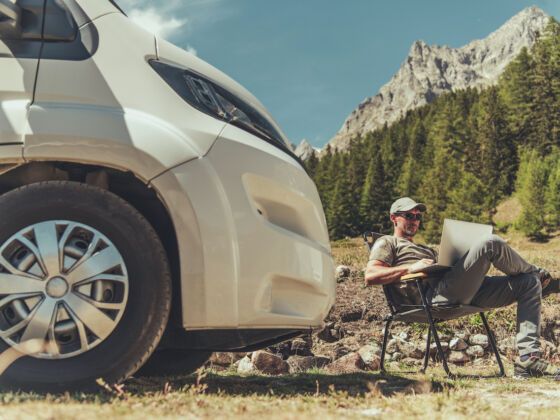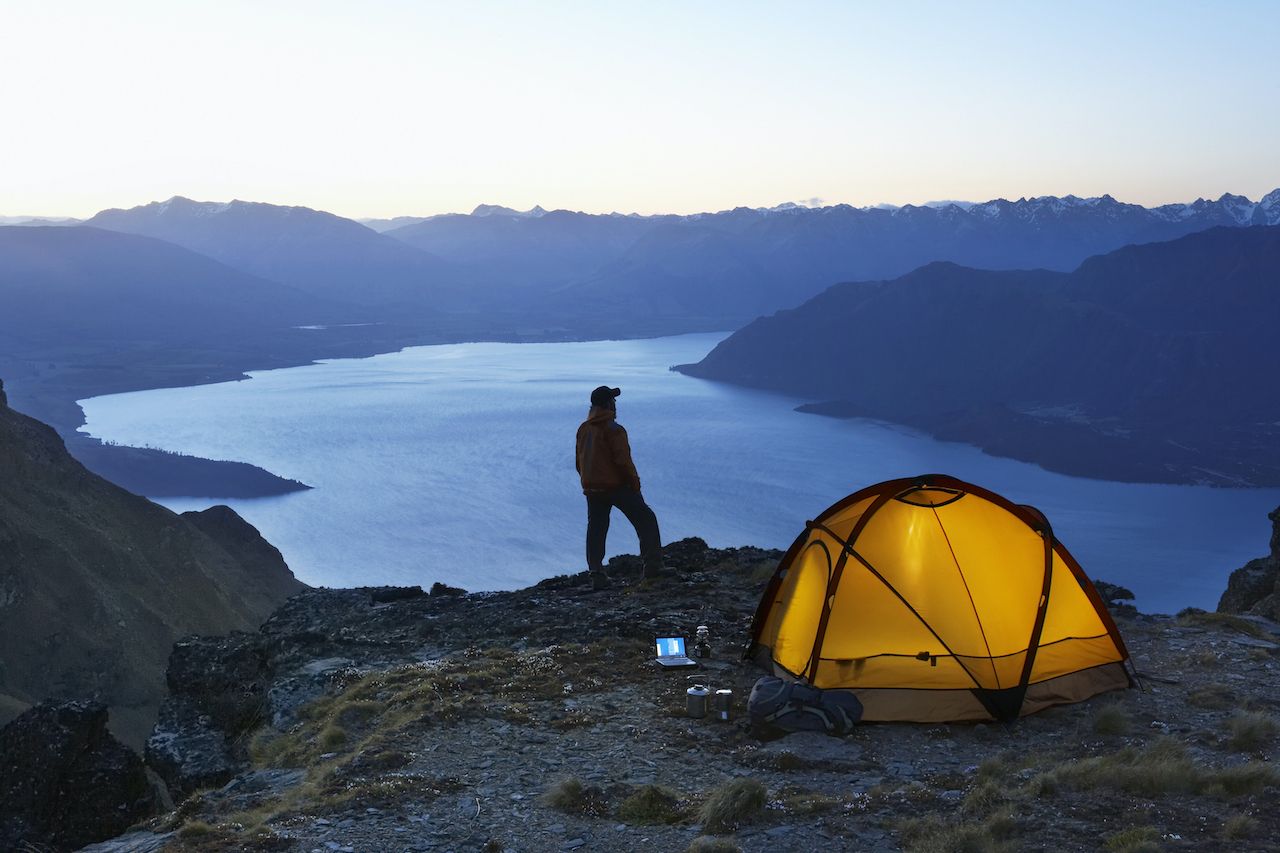Reading the “travel predictions for 2020” stories that were posted toward the end of 2019 is both sad and comical. It’s a lesson that, no matter how much information we have, we never truly know what lies ahead. With that understanding, the leaders of some major travel companies got together for a big, virtual roundtable discussion to talk about how the travel industry landscape will look in 2021 and beyond.
Brian Kelly — aka The Points Guy — mediated the conversation on December 3. The panel consisted of VRBO president Jeff Hurst, RVshare CEO Jon Gray, Hipcamp founder Alyssa Ravasio, Campendium CEO and cofounder Leigh Wetzel, and Viator president Ben Drew. Each had their own take on how the travel world will change — and how things we’ve discovered this year mean it will never go back to “normal.”


